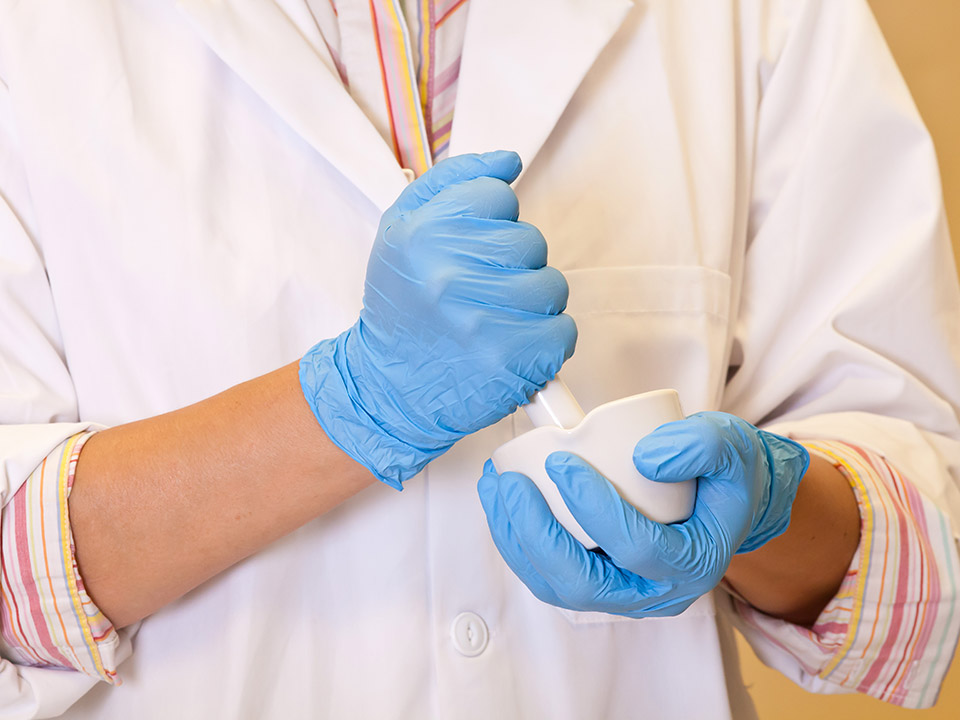Have you ever had a prescription that didn’t work for you? Maybe the dosage was too high or too low, or you reacted to one of the ingredients. It’s frustrating. But what if I told you there’s a way to get medication explicitly tailored to your needs?
Que in pharmaceutical compounding. It is a centuries-old practice that’s still widely used today. The U.S. compounding pharmacies market hit over $5.2 billion in 2021 and is expected to grow at a 5.9% CAGR by 2030.
So what is compounding, and would it be a suitable option for you? This article will answer some of the most pressing questions about pharmaceutical compounding. So whether you’re curious about how it works or want to know if it’s the right choice for you or your loved ones, we’ve got you covered.
What is Pharmaceutical Compounding?
Pharmaceutical compounding is a science-based approach to making personalized medications tailored to an individual’s specific needs. It involves working with active pharmaceutical ingredients, diluents, flavors, and preservatives to create a drug designed to meet the medical requirements of an individual patient.
Compounding may involve:
- Altering the dosage form of a drug.
- Combining multiple medications into a single dose.
- Even creating medicines free of unwanted ingredients such as preservatives and dyes.
Compounding is mainly used when commercially available medications are not appropriate or effective for treating a particular condition.
This practice dates back centuries yet has undergone many advancements in recent years due to increased scientific accuracy and improved preparation methods. Compounding pharmacies work alongside doctors and other healthcare providers to develop a unique prescription for each patient.
In What Cases Can Pharmaceutical Compounding Be Useful?
While most medications are mass-produced in factories, there are some instances in which compounding may be necessary. Let’s explore when and why you may need compounding.
- If you’re allergic to an ingredient in the commercially produced medication
- If you or your loved one has difficulty swallowing pills or needs a different medication. For instance, patients with dysphagia or pediatric patients may have trouble swallowing pills and require a liquid or transdermal version.
- If you require a unique dosage of a medication that’s not mass-produced
- If a medication is no longer commercially available
- If you require a medication with a specific combination of ingredients
- If you require a medication free of certain additives or preservatives
- If a medication needs to be customized to suit the needs of pediatric or geriatric patients, like making it more flavorful and palatable
What are the Different Types of Pharmaceutical Compounding?
There are two main types of compounding – sterile and non-sterile. Let’s take a closer look at each type.
Non-Sterile Compounding
Non-sterile compounding involves mixing, assembling, packaging, and labeling medications that do not require special precautions when handling them. This compounding often involves making topical creams, ointments, gels, capsules, tablets, and liquids. It is important to note that non-sterile compounding involves no active pharmaceutical ingredients (APIs) like hormones or antibiotics.
Sterile Compounding
Sterile compounding involves creating medications in an environment free from bacteria and other microorganisms. This type of compounding requires special equipment and techniques to ensure safety for patients who need it. Sterile compounding often requires APIs, such as antibiotic solutions for intravenous (IV) administration or drugs injected into muscle tissue or joints. Sterile compounding may involve more complex processes like lyophilization (freeze drying).
What Medications Can Be Compounded?
The types of compounded medications depend on the needs of the patient. Commonly compounded medications include topical creams and ointments, gels, capsules, suppositories, lollipops/troches (medicated candy), liquid suspensions, and inhalers/nebulizers. These forms allow for various dosages and delivery methods for each medication that best meets the needs of each patient.
The answer largely depends on your insurance provider and policy type. Some insurance companies will cover compounded drugs as long as they are deemed medically necessary and prescribed by a doctor. However, some policies do not cover compounded drugs or will only cover certain compound medications depending on their ingredients and intended use. Generally speaking, most major medical plans (including Medicare Part D plans) cover at least some compound prescriptions.
In addition, there may be restrictions on where you can fill your prescription depending on your insurance plan. For example, some plans may require using an in-network pharmacy to fill your prescription.
What are the Risks Associated With Compounded Drugs?
While these customized medications can benefit some patients, there are risks associated with compounded drugs that must be considered. Let’s take a look at those risks.
Contamination Risk
Compounding pharmacies are not subject to the same rigorous standards and inspections as pharmaceutical manufacturing facilities, so they do not always have the same measures to ensure quality control. As a result, there is an increased risk of contamination due to improper handling or storage of ingredients. This can cause severe illness or death if a patient ingests the contaminated medication.
Dosage Accuracy Risk
Pharmacists who prepare compounded medications may make errors when measuring ingredients or calculating dosages, leading to incorrect dosages. Incorrect dosages can have serious consequences—from mild side effects such as nausea and dizziness to life-threatening complications such as organ failure. It’s imperative to have a professional certified, and licensed pharmacist compounding your medications to avoid or minimize any risks.
Expiration Date Risk
Compounded medications may have shorter expiration dates than mass-produced ones because they are not subjected to extensive stability testing before use. Additionally, many compounds contain active ingredients that degrade over time. These issues become even more complex because the FDA does not regulate compounded drugs.
What Should You Consider When Searching for a Drug Compounding Pharmacy?
There are a few key factors to consider when searching for a drug-compounding pharmacy. Firstly, you’ll want to ensure the pharmacy is licensed and accredited by the National Association of Boards of Pharmacy.
Check reviews of the pharmacy to gauge what prior customers have experienced. Additionally, inquire about the experience and qualifications of their staff and check if they adhere to applicable regulations, such as USP 795 and USP 797. Find out where they source their ingredients and who performs product quality checks.
Finally, determine if the pharmacy follows strict safety protocols and standards and uses FDA-approved equipment and procedures. This way, you can be assured that your medication has been compounded using only reliable and safe equipment.
Conclusion
When you understand the process behind compounding, you can make more informed drug-buying decisions. With these pressing questions answered with insight and accuracy, you can feel confident about your forward-compounding trajectory.










